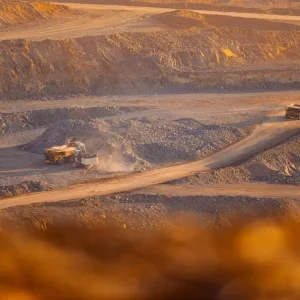
Clean energy company Intersect Power has started the commercial operation of its 679MWp/500MWac Oberon Solar + Storage project located in California, US.
The American solar and storage project also features 250MW/1GWh of co-located storage which was built with batteries sourced from Tesla’s battery facility in California.
Located in Riverside County, the Oberon Solar + Storage project is said to be the first to achieve operation through the streamlined approach under the US Bureau of Land Management (BLM) Desert Renewable Energy Conservation Plan.
The solar and storage facility is developed with First Solar modules, NX Horizon smart solar trackers from Nextracker, and American-made structural steel.
Besides, the Oberon project produces enough solar energy to deliver power to more than 207,000 households annually.
Intersect Power CEO Sheldon Kimber said: “The Oberon project is much more than a new source of clean power for California. It is also a case study in how the clean energy industry can maximise project benefits by prioritising domestic supply chains and union labor to ensure the rewards of the clean energy transition are felt by all Americans.
“This project demonstrates that Intersect continues to pioneer procurement standards for our industry that live up to the vision of the IRA and deliver transformative clean energy projects that move the needle on the deep decarbonisation of our economy.”
A combination of offtakers will purchase energy, renewable energy credits, and resource adequacy generated by the Oberon Solar + Storage project. The offtakers include Microsoft, Calpine Energy Solutions, Constellation, Ava Community Energy, and San Diego Community Power.
The Oberon Solar + Storage project generated more than 930 skilled union jobs at peak construction.
Earlier this year, Intersect Power began commercial operation of its Radian solar project situated in Brown County, Texas, the US. The solar plant incorporates First Solar panels and generates 415MWp/320MWac of solar energy, sufficient to power over 114,000 households.






